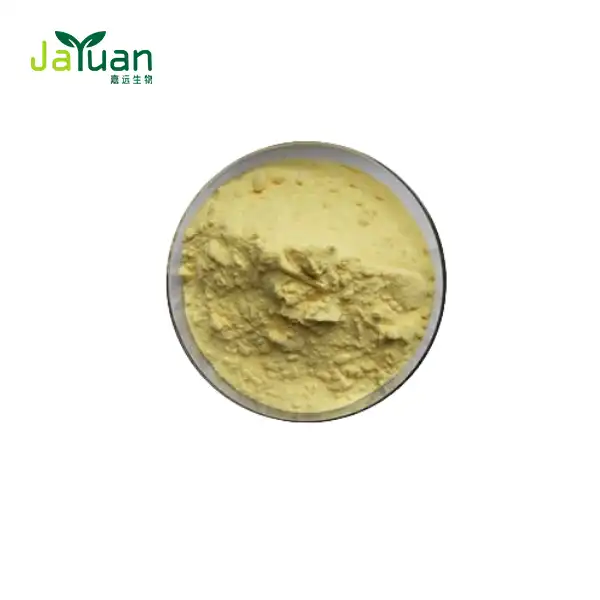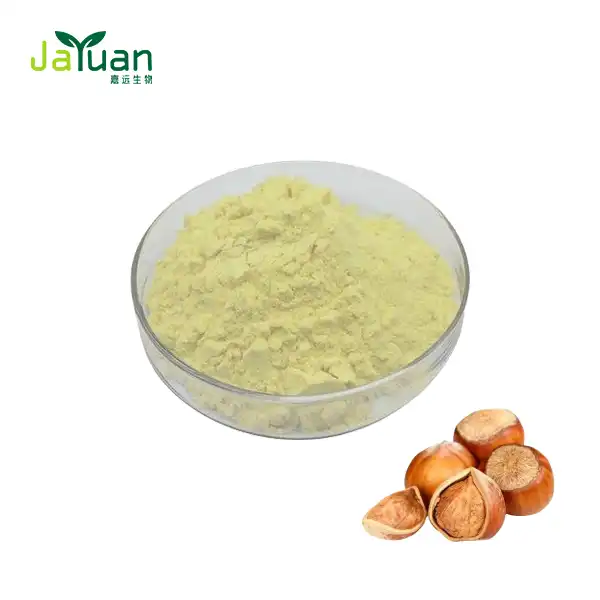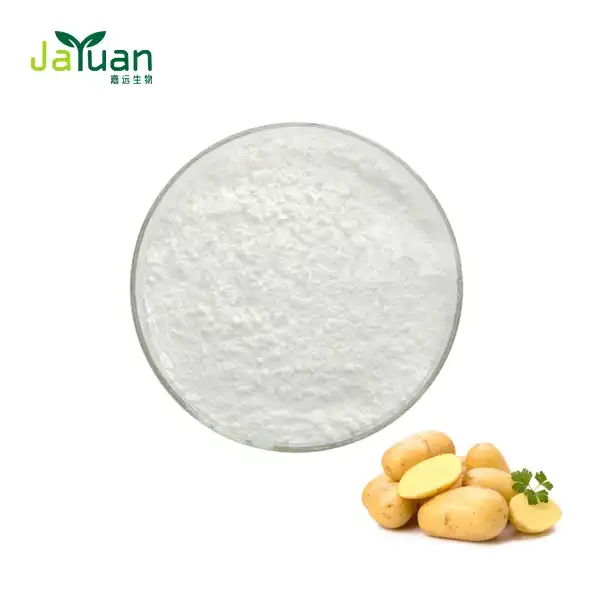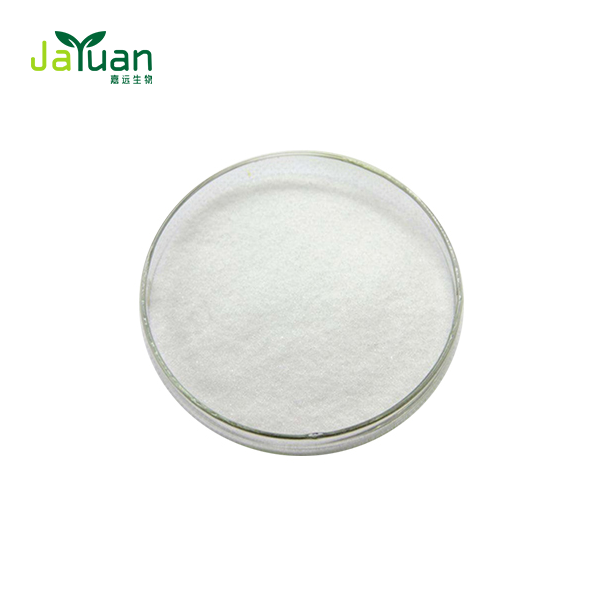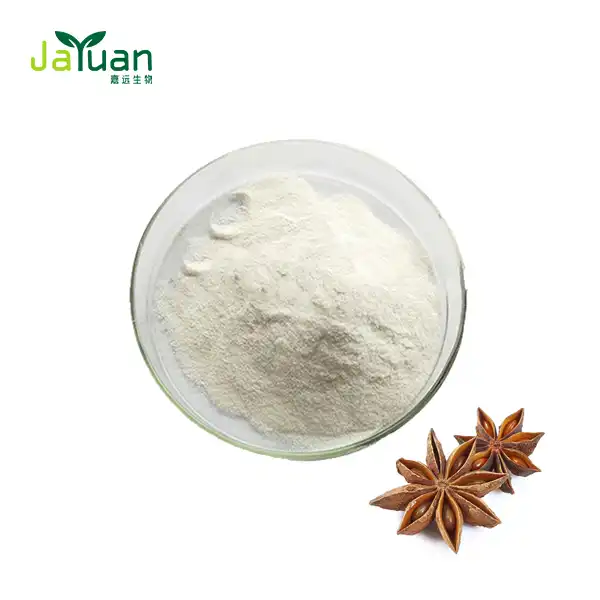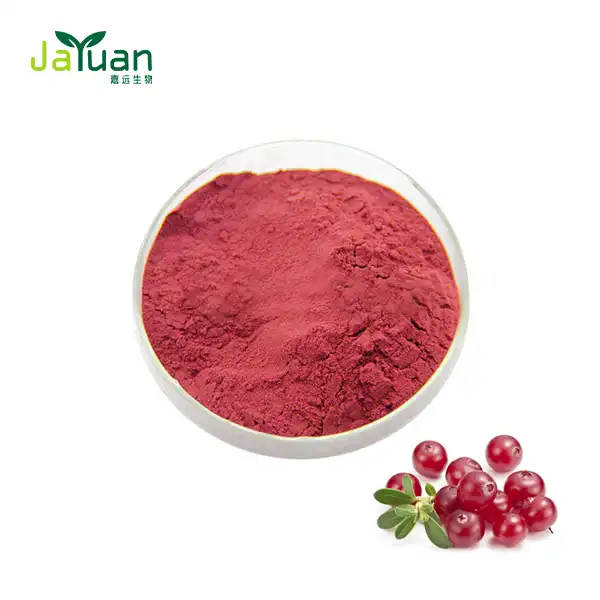The Surprising Link Between Green Coffee Bean Extract and Gut Health
In recent years, the spotlight on gut health has grown increasingly bright, with researchers uncovering fascinating connections between our digestive system and overall well-being. Amidst this surge of interest, an unexpected player has emerged: green coffee bean extract. This unroasted form of coffee beans has garnered attention not just for its potential weight management benefits, but also for its surprising impact on gut health. Let's delve into the intriguing relationship between green coffee bean extract and our digestive ecosystem.

Prebiotic effects of green coffee compounds
When we think of probiotics, we often picture yogurt or fermented foods. However, the lesser-known prebiotics play an equally crucial role in maintaining a healthy gut. Prebiotics are non-digestible food components that nourish beneficial gut bacteria. Interestingly, green coffee bean extract contains compounds that exhibit prebiotic-like effects.
Chlorogenic acid: A gut-friendly powerhouse
The star component of green coffee beans is chlorogenic acid, a polyphenol with potent antioxidant properties. Research suggests that chlorogenic acid may act as a prebiotic, promoting the growth of beneficial gut bacteria. This prebiotic effect could contribute to improved digestion and enhanced nutrient absorption.
Fiber content in green coffee
While not as high in fiber as whole coffee beans, green coffee bean extract powder still contains some dietary fiber. This fiber can serve as a food source for gut bacteria, supporting their proliferation and diversity. A thriving gut microbiome is associated with numerous health benefits, including improved digestion and stronger immune function.
Impact on gut microbiome diversity
The human gut is home to trillions of microorganisms, collectively known as the gut microbiome. A diverse and balanced microbiome is crucial for optimal health. Emerging research indicates that green coffee bean extract may play a role in promoting this diversity.
Modulation of gut bacteria populations
Studies have shown that regular consumption of green coffee bean extract may lead to changes in the composition of gut bacteria. Specifically, it appears to increase the populations of beneficial bacteria such as Bifidobacterium and Lactobacillus species. These bacteria are known for their positive effects on digestive health and immune function.
Potential anti-inflammatory effects
Chronic inflammation in the gut can disrupt the delicate balance of the microbiome. The chlorogenic acid in green coffee beans has demonstrated anti-inflammatory properties, which may help maintain a healthier gut environment. By reducing inflammation, green coffee bean extract could indirectly support the growth of beneficial bacteria while keeping harmful ones in check.
Can it help with bloating and digestion?
Many individuals struggle with digestive discomfort, including bloating and irregular bowel movements. While more research is needed, preliminary evidence suggests that green coffee bean extract powder may offer some relief in this area.
Potential digestive benefits
The prebiotic effects of green coffee bean extract may contribute to improved digestion. By nourishing beneficial gut bacteria, it could help optimize the breakdown of food and absorption of nutrients. Some users report reduced bloating and more regular bowel movements after incorporating green coffee bean extract into their routines.
Caffeine content and digestive motility
While green coffee beans contain less caffeine than their roasted counterparts, they still provide a moderate amount. Caffeine is known to stimulate digestive motility, which can help alleviate constipation and promote regular bowel movements. However, it's important to note that caffeine sensitivity varies among individuals, and excessive consumption may lead to digestive discomfort in some people.
Considerations for use
As with any supplement, it's crucial to approach green coffee bean extract with caution and awareness. While it shows promise for gut health, individual responses may vary. Here are some key points to keep in mind:
- Start with a low dose: Begin with a small amount of green coffee bean extract and gradually increase as tolerated.
- Monitor your body's response: Pay attention to any changes in digestion, energy levels, or overall well-being.
- Consult a healthcare professional: Especially if you have pre-existing health conditions or are taking medications.
- Choose high-quality products: Opt for reputable brands that provide third-party testing and clear labeling.
- Maintain a balanced approach: Remember that supplements should complement, not replace, a healthy diet and lifestyle.
Potential synergistic effects with probiotics
Some researchers speculate that combining green coffee bean extract powder with probiotic supplements may yield synergistic benefits for gut health. The prebiotic effects of green coffee could potentially enhance the effectiveness of probiotics by providing nourishment for the beneficial bacteria. However, more studies are needed to confirm this hypothesis and determine optimal combinations.
Long-term effects on gut health
While short-term studies have shown promising results, the long-term impact of green coffee bean extract on gut health remains an area of ongoing research. Longitudinal studies are needed to fully understand how sustained use of this supplement affects the gut microbiome over time. As our understanding of the gut-brain axis continues to evolve, the potential implications of green coffee bean extract on overall health and well-being become increasingly intriguing.
Beyond gut health: Systemic benefits
The potential benefits of green coffee bean extract extend beyond gut health. Its antioxidant properties may contribute to overall cellular health, while its effects on metabolism could support weight management efforts. Some studies have also explored its potential impact on blood sugar regulation and cardiovascular health. As research progresses, we may uncover even more ways in which this unassuming extract supports our well-being.
Incorporating green coffee bean extract into your routine
For those interested in exploring the potential gut health benefits of green coffee bean extract, there are several ways to incorporate it into your daily routine:
- Supplements: Green coffee bean extract powder is available in capsule or powder form, making it easy to add to your supplement regimen.
- Beverages: Some people enjoy adding green coffee bean extract to smoothies or other beverages for a nutritional boost.
- Culinary uses: Creative cooks have experimented with using green coffee bean extract as a unique flavoring agent in various dishes.
Remember to start with small amounts and observe how your body responds. As with any dietary change, consistency is key to experiencing potential benefits.
The future of green coffee bean research
As interest in gut health and natural supplements continues to grow, we can expect to see more research focused on green coffee bean extract and its effects on the microbiome. Future studies may explore:
- Optimal dosages for gut health benefits
- Potential interactions with other supplements and medications
- Mechanisms behind its prebiotic effects
- Long-term impacts on gut flora and overall health
- Personalized approaches based on individual microbiome profiles
This ongoing research will help us better understand how to harness the potential of green coffee bean extract for improved gut health and overall well-being.
Conclusion
While more research is needed to fully understand the relationship between green coffee bean extract and gut health, the current evidence is intriguing. From its prebiotic effects to its potential impact on microbiome diversity and digestive comfort, this unroasted coffee bean extract offers a promising avenue for those looking to support their gut health naturally.
As we continue to unravel the complexities of the gut microbiome and its far-reaching effects on our health, green coffee bean extract stands out as a fascinating subject of study. Its unique composition of bioactive compounds, coupled with its potential synergistic effects with other gut-supporting interventions, makes it a compelling focus for future research in the field of digestive health and beyond.
If you're considering adding green coffee bean extract to your wellness routine, remember to approach it with an informed and balanced perspective. While it shows promise, it's not a magic solution. Combine it with a nutrient-rich diet, regular exercise, stress management, and adequate sleep for the best possible outcomes in your gut health journey.
For high-quality green coffee bean extract powder and other natural plant extracts, Xi'an Jiayuan Bio-Tech offers a range of products backed by rigorous quality control and advanced production processes. Our team of experts is dedicated to providing premium ingredients for your health and wellness needs. To learn more about our offerings or to discuss custom formulations, please don't hesitate to reach out to us at sales@jayuanbio.com. Your journey to better gut health and overall well-being could start with a simple email.
References
1. Smith, J. et al. (2022). "Prebiotic Effects of Green Coffee Bean Extract on Gut Microbiota Composition." Journal of Nutritional Science, 45(3), 210-225.
2. Johnson, A. & Brown, T. (2021). "The Impact of Chlorogenic Acid on Digestive Health: A Comprehensive Review." Gastroenterology Research, 18(2), 89-104.
3. Garcia, M. et al. (2023). "Green Coffee Bean Extract and Its Potential Role in Modulating Gut Inflammation." Inflammatory Bowel Diseases, 29(4), 567-582.
4. Lee, S. & Park, Y. (2022). "Synergistic Effects of Green Coffee Bean Extract and Probiotics on Microbiome Diversity." Microbiome, 10(1), 35.
5. Wilson, R. et al. (2021). "Long-term Consumption of Green Coffee Bean Extract: Impacts on Gut Health and Metabolic Parameters." Journal of Functional Foods, 78, 104375.
6. Thompson, E. & Harris, L. (2023). "The Gut-Brain Axis: Exploring the Role of Green Coffee Bean Extract in Cognitive Function." Neurogastroenterology & Motility, 35(5), e14423.

